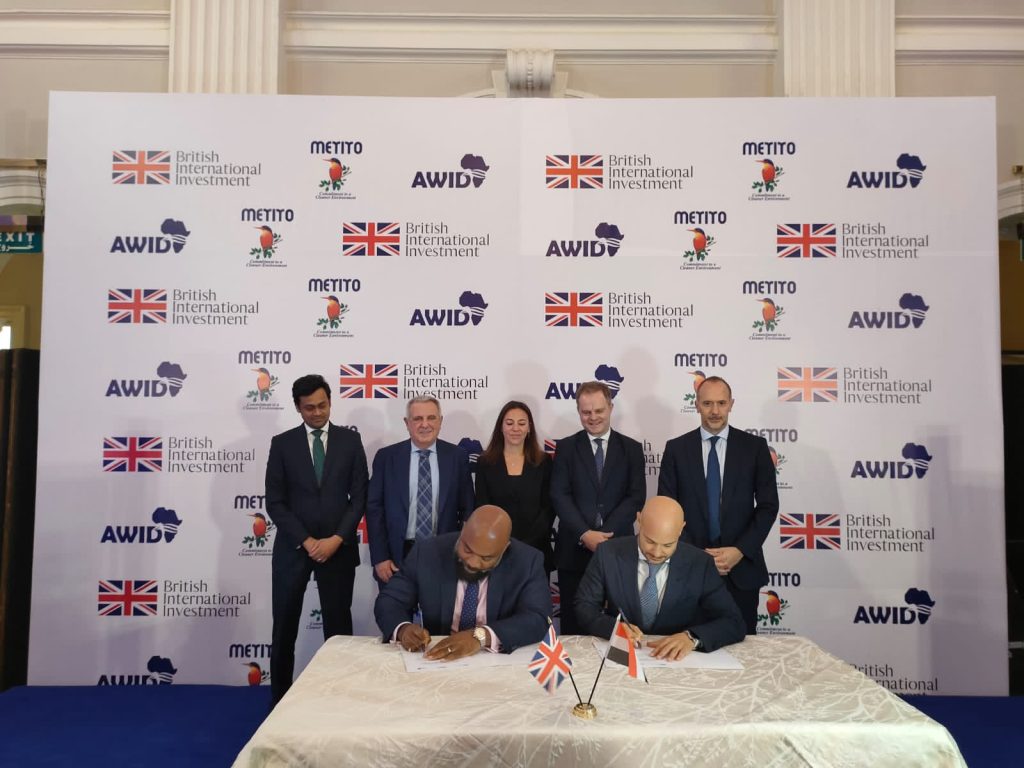Increasing access to sustainable, safe and reliable water in Africa. That’s what Metito Utilities Limited (MUL), the subsidiary of UAE-based Metito Holdings and British International Investment (BII), a British development finance institution, is aiming to achieve. The two partners have just launched Africa Water Infrastructure Development (AWID) in Cairo, Egypt. The privately owned company will finance and implement water supply projects across the continent. These will be smart water projects adapted to the current climate change context.
In Egypt, for example, the phenomenon is mainly manifested by drought. The country of the pharaohs is expected to experience a shortage of fresh water by 2025 and to see its agricultural production fall by 47% by 2060.
Water and wastewater treatment
To build resilience in Africa, AWID will finance the development of new drinking water plants, with a focus on states most vulnerable to the climate crisis. The funds will be provided by the BII. “AWID presents a viable business model for water infrastructure and supply in Africa, helping to mobilize long-term investment in the sector,” promises Rami Ghandour, Metito’s chief executive. The company, which provides water and energy management solutions, will leverage its “high-value engineering and use of innovative technologies” to support Awid’s development.
Currently in Egypt, Métito is developing a desalination project with Scatec and Orascom. The capacity of the future plant will be between 1 and 2 million m3 of water per day. The consortium is also planning to build a 400 MW solar power plant to supply the future facility with electricity.
Read also –
In addition to climate change, the deterioration of water quality in Africa is linked to pollution. The Awid joint venture will also finance the construction of new wastewater treatment plants. The treated wastewater can be reused for irrigation and watering, or returned to nature. “Its investments will incorporate green technologies and alternative energy components, which will help reduce the environmental footprint of water infrastructure projects,” Métito says.
Inès Magoum
